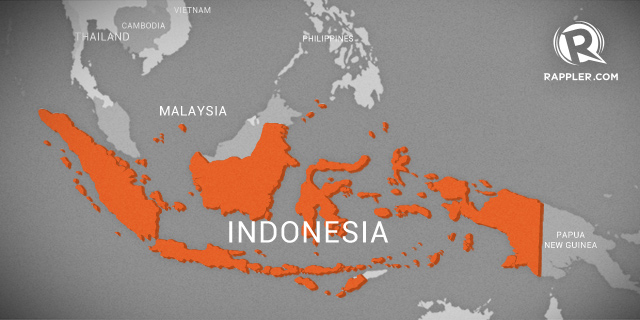SUMMARY
This is AI generated summarization, which may have errors. For context, always refer to the full article.

JAKARTA, Indonesia – Indonesian farmers in a province at the center of Southeast Asia’s worst smog outbreak for years have filed a lawsuit against the president in response to the haze crisis, activists said Wednesday, September 11.
Environmental groups Tuesday, September 10, filed the class-action lawsuit at the Jakarta High Court on behalf of farmers from five villages in Riau province on Sumatra island.
They argue President Susilo Bambang Yudhoyono has not done enough to curb activities, such as slash-and-burn land clearance and logging, that lead to climate change, and their lives are being deeply affected.
In June, raging fires set to clear land in Riau cloaked the province and neighboring Malaysia and Singapore in smog, with the haze hitting the worst levels for more than a decade.
Riau is at the centre of Indonesia’s booming palm oil industry, and illegal slash-and-burn clearance is common, as it is the quickest and cheapest method for land to be converted for use as plantations.
A coalition of green groups filed the lawsuit, including forest protection group Jikalahari, which said the severe haze this year had prompted the action and had “deeply affected the communities”.
“This haze affects all activities — work, school, and even leads to flights being cancelled,” Muslim Rasyid, head of the Riau-based group, told AFP.
As well as Yudhoyono, the forestry and environment ministers and the Riau governor are accused in the lawsuit.
“The president and his ministers have done little to protect communities from the effects of climate change,” added Riko Kurniawan, director of Friends of the Earth in Riau.
Yudhoyono vowed in 2009 to reduce Indonesia’s carbon emissions by at least 26 percent by 2020. To achieve this goal, the government has suspended the issuance of new land-clearing permits.
But activists say the moves have been ineffective with land clearance, both legal and illegal, still rampant, and fires often the method of choice.
Indonesia, home to around 10 percent of the world’s tropical forest, has rapidly lost masses of its biodiverse jungle in recent decades to make way for paper and palm oil plantations.
The country is the world’s biggest supplier of palm oil, the most commonly used vegetable oil found in everyday grocery items, like biscuits and shampoo. – Rappler.com
Add a comment
How does this make you feel?
There are no comments yet. Add your comment to start the conversation.